Intensive Care units
CRITICAL CARE SERVICES
10 bedded trauma ICU is available for trauma victims for the management and monitoring of the patients.
Intensive Care units:
- ICU (Intensive Care Unit)
- Neurosurgery (Intensive Care Unit)
- ICCU (Intensive Coronary Care Unit
- RICU (Respiratory Intensive Care Unit)
- NICU (Neonatal Intensive Care Unit)
- PICU (Paediatric Intensive Care Unit)
- SICU (Surgical Intensive Care Unit)
- Burn Unit
All the intensive areas (ICUs) are well equipped with equipment of state of art technology i.e.
Ventilators, defibrillators, monitors, central oxygen and suction supply. An anaesthesiologist and
Trained nursing staff is available for 24 hours in all ICU units.
NICU (Neonatal Intensive Care Unit) NICU (4)
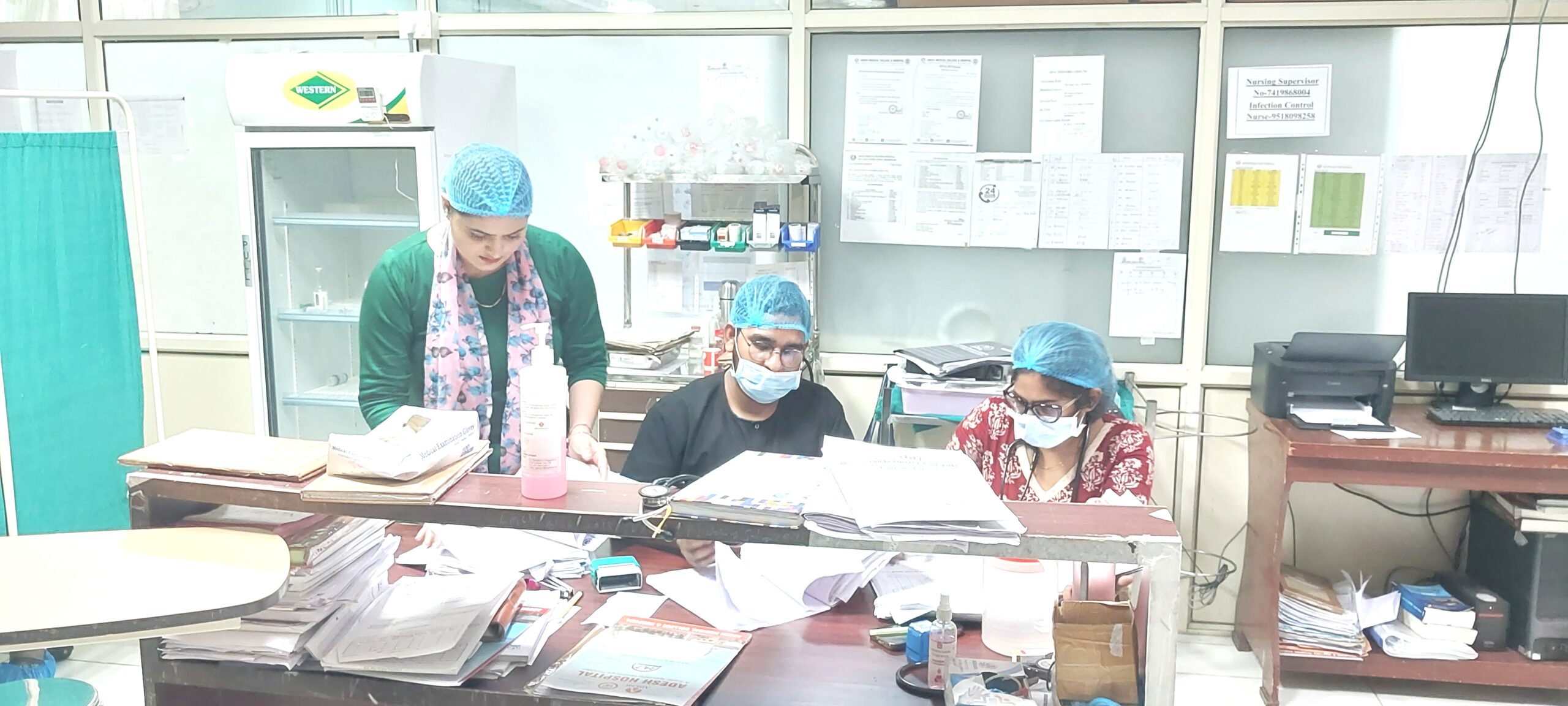
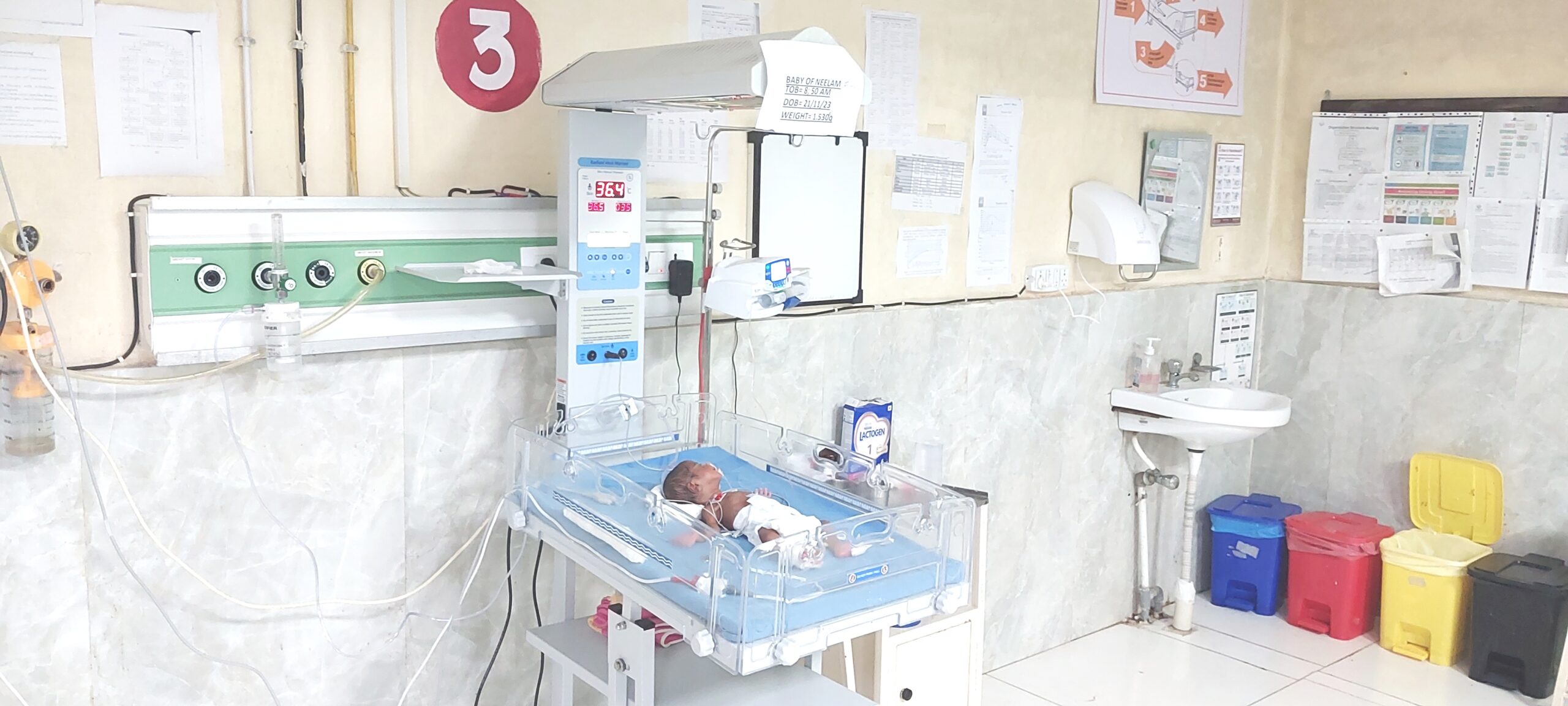
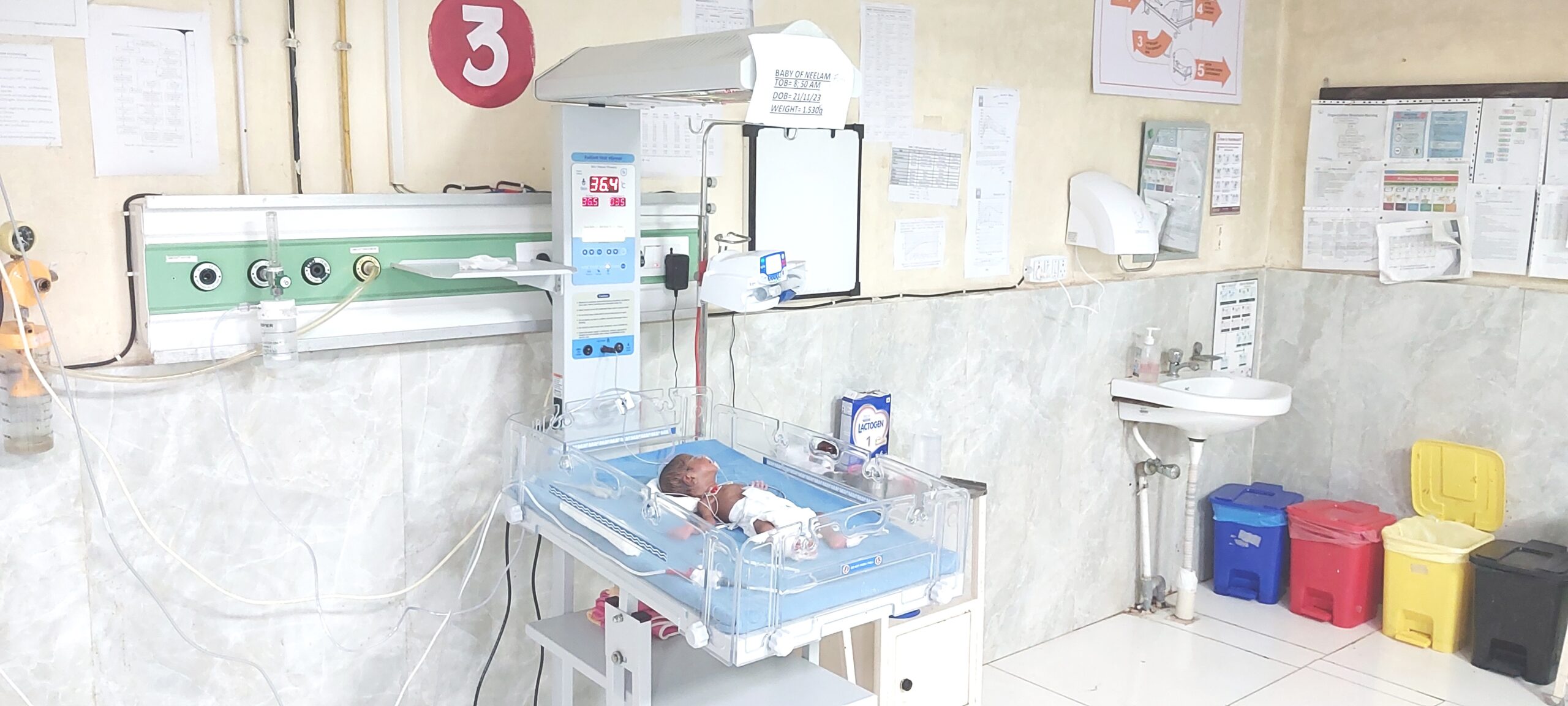
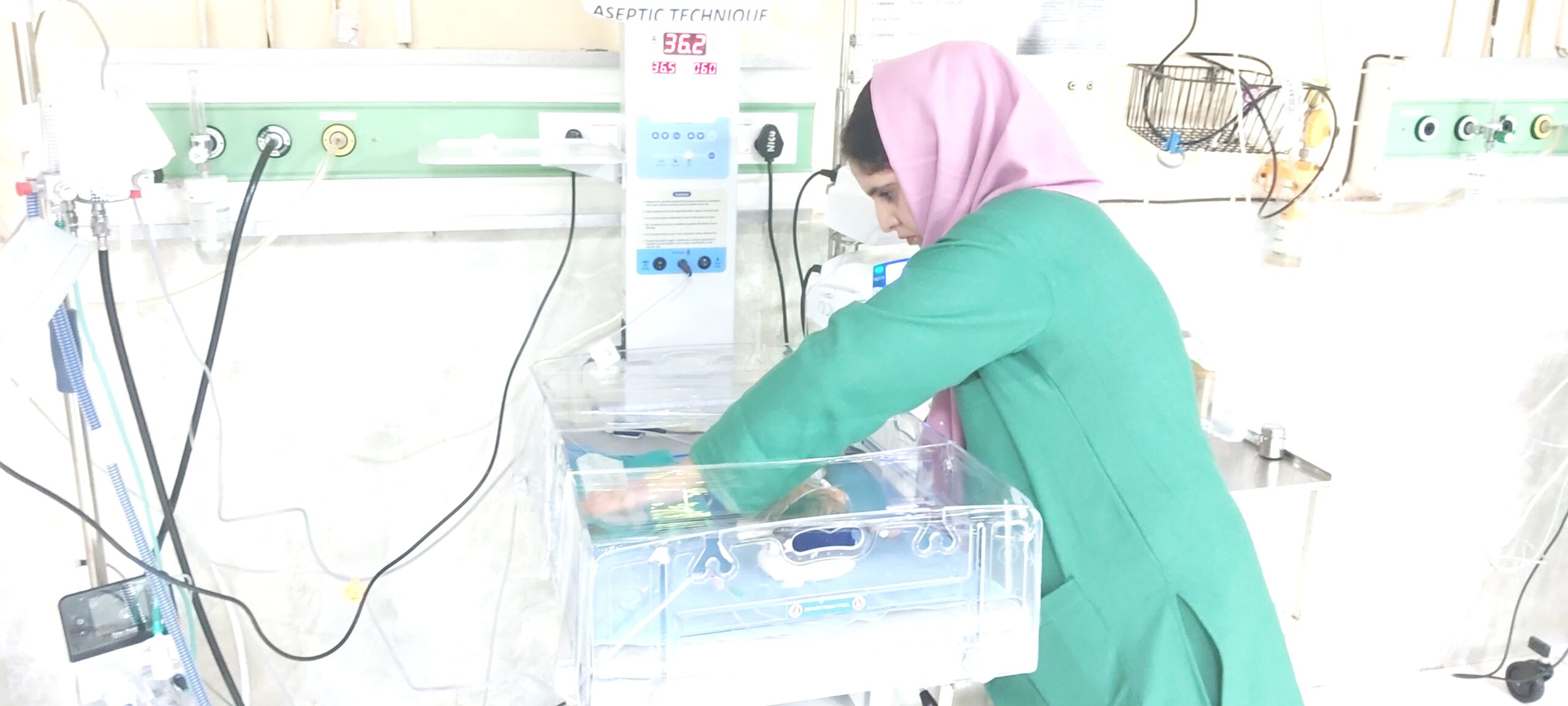
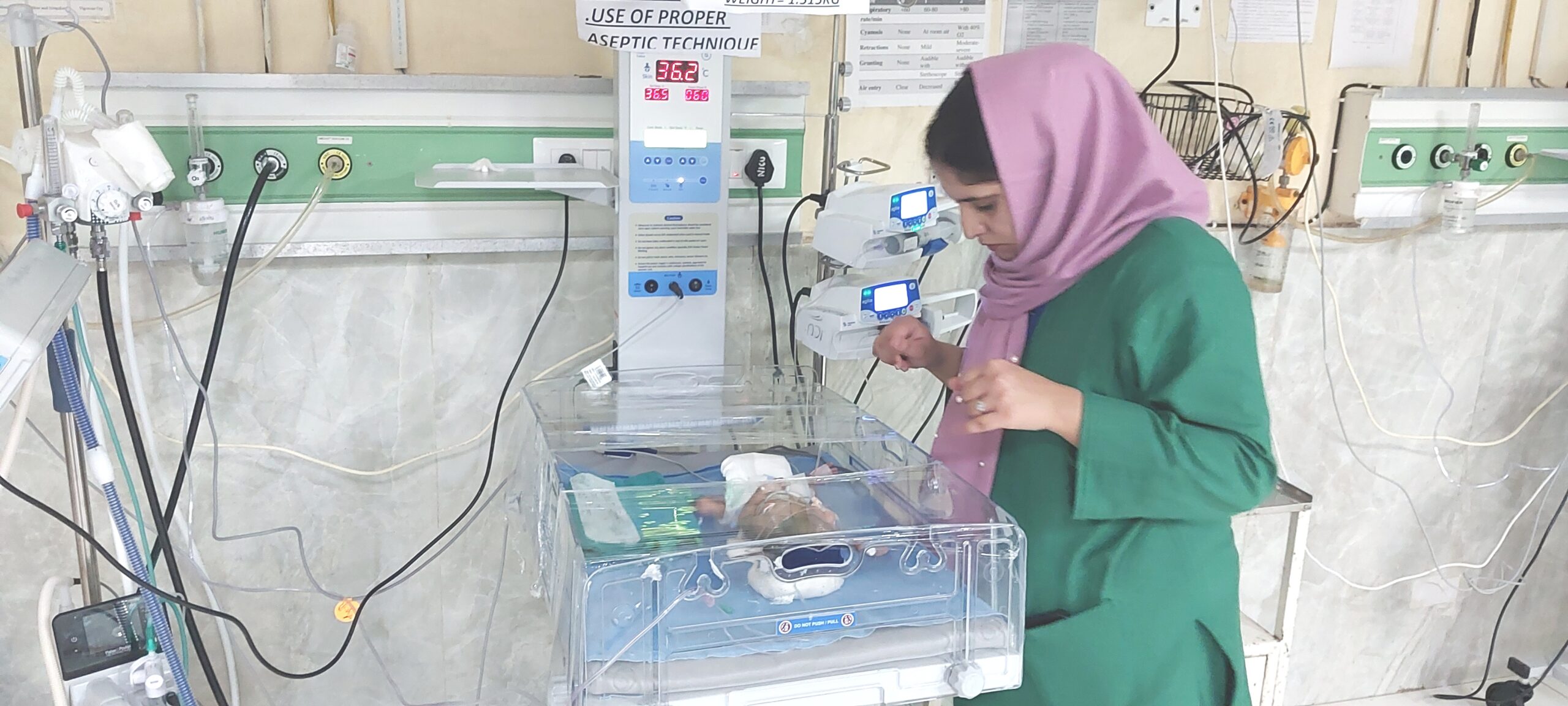
RICU (Respiratory Intensive Care Unit)
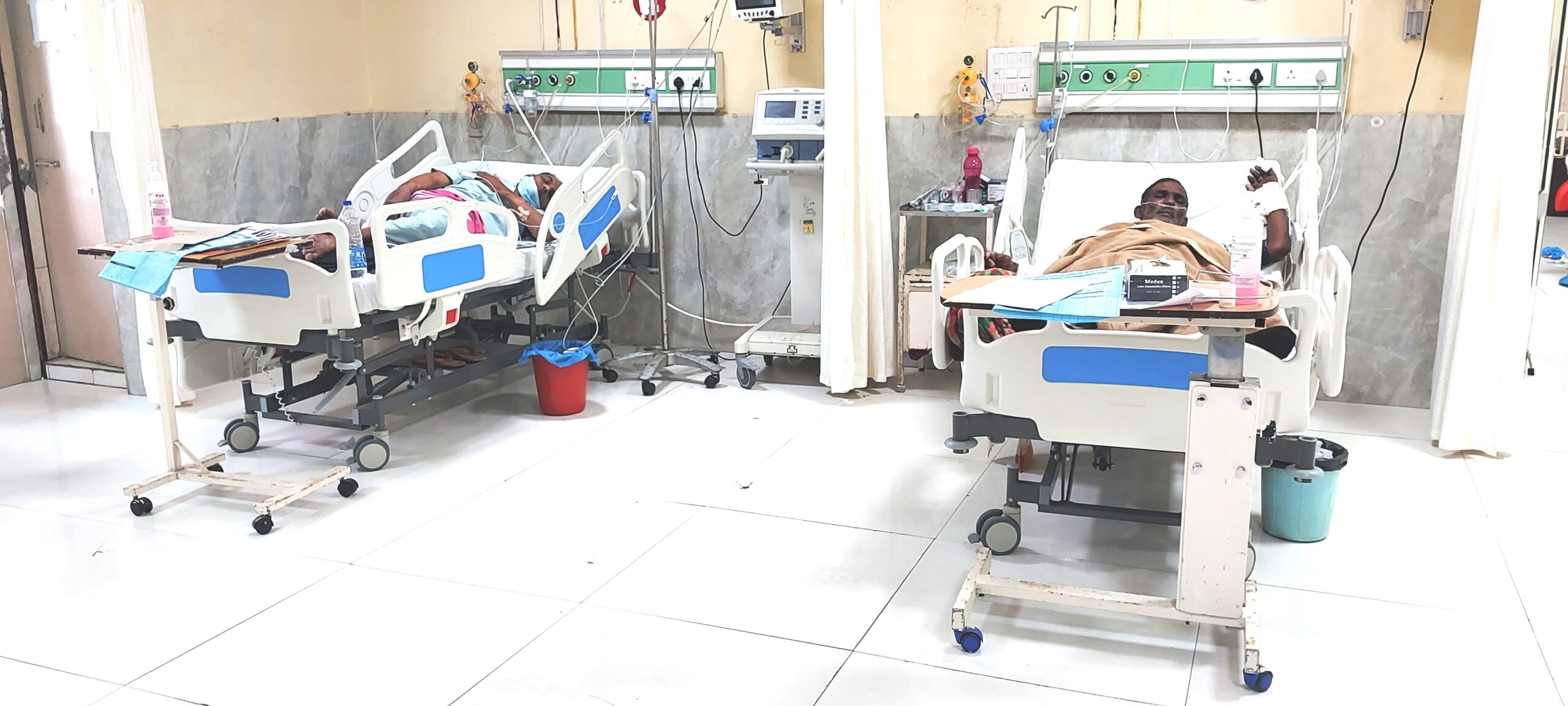
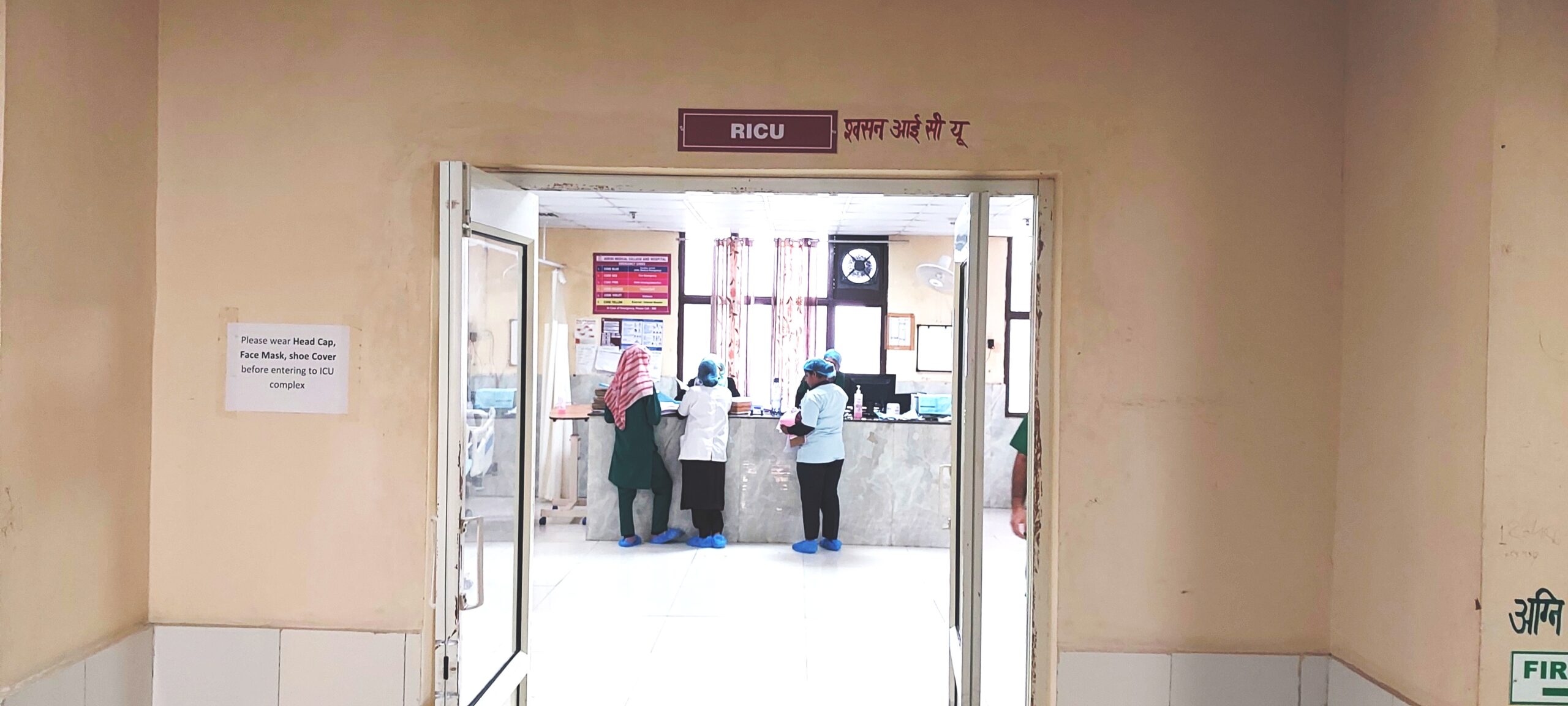
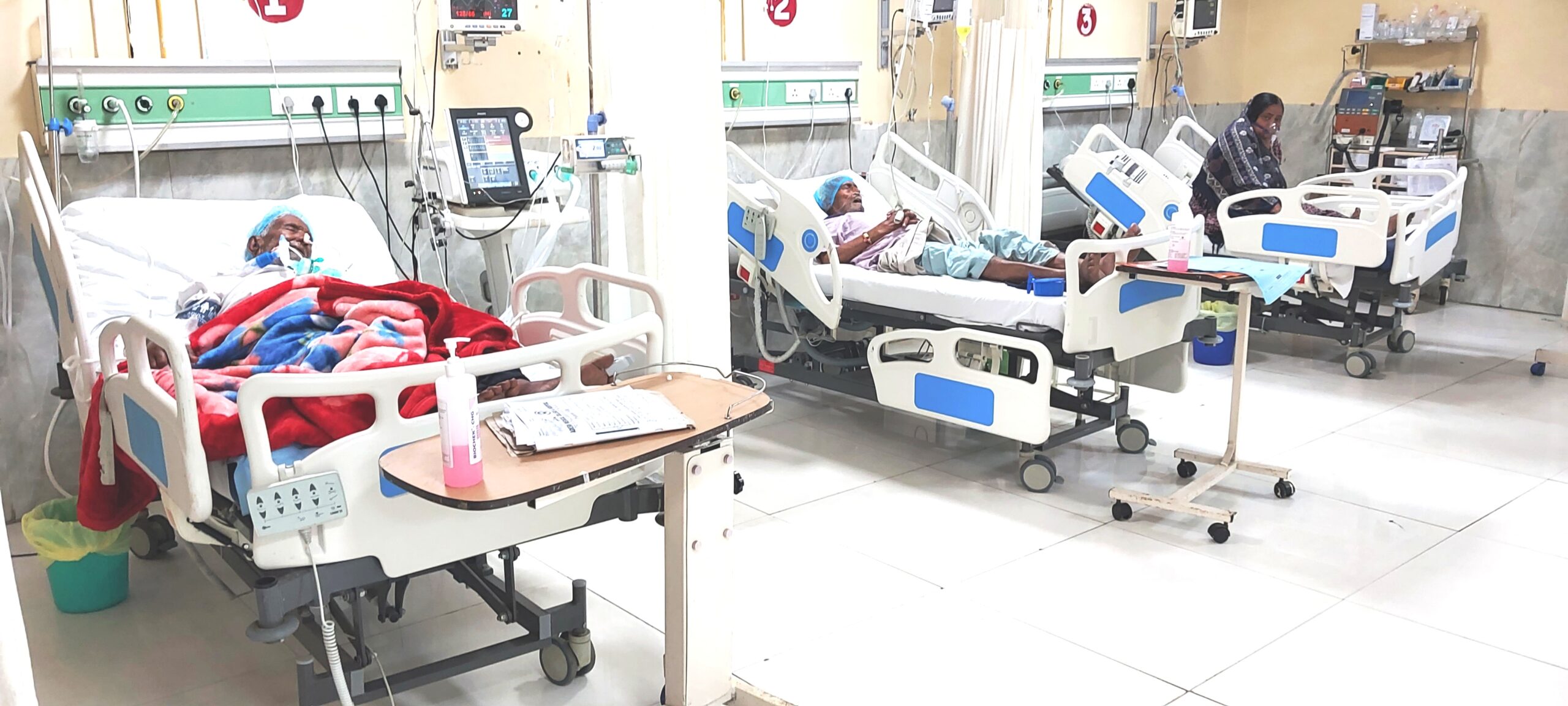
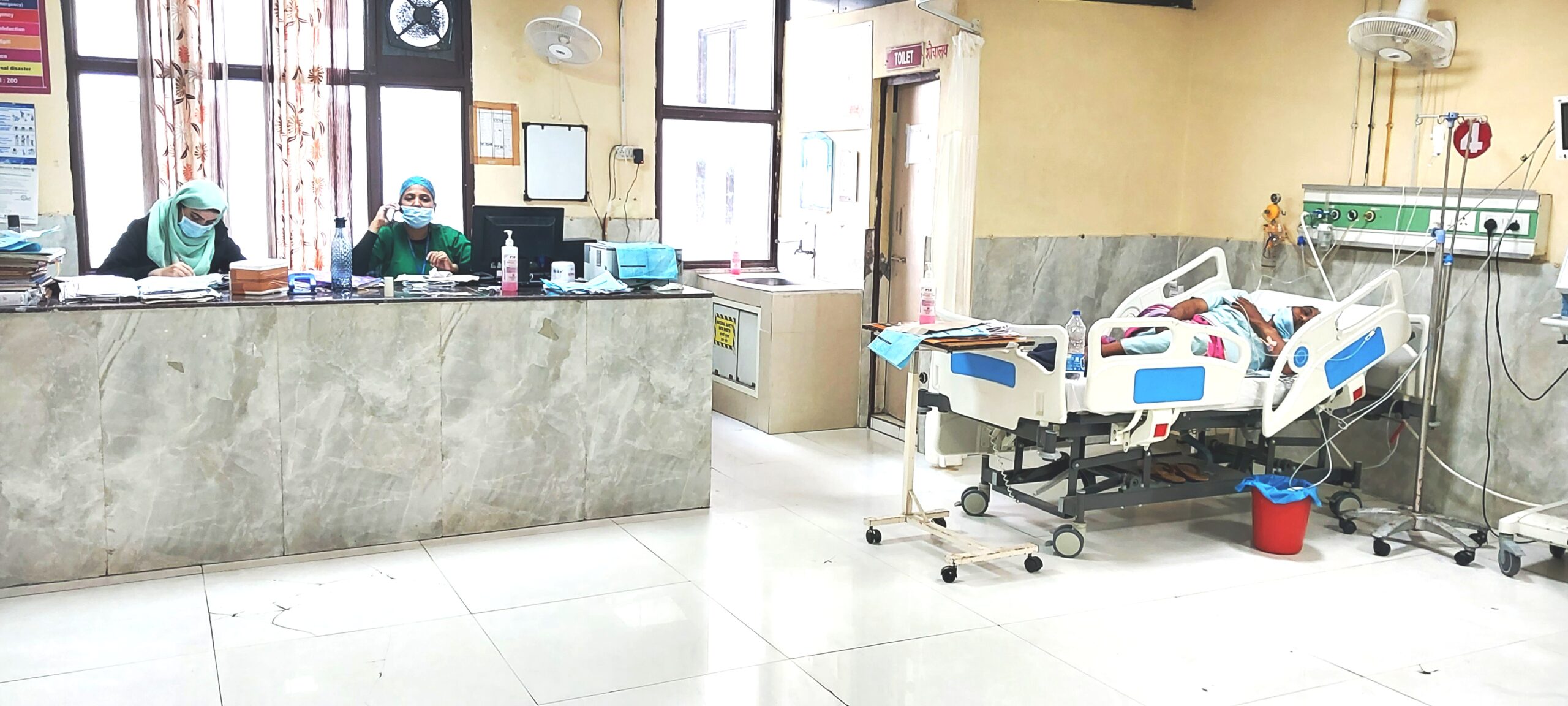
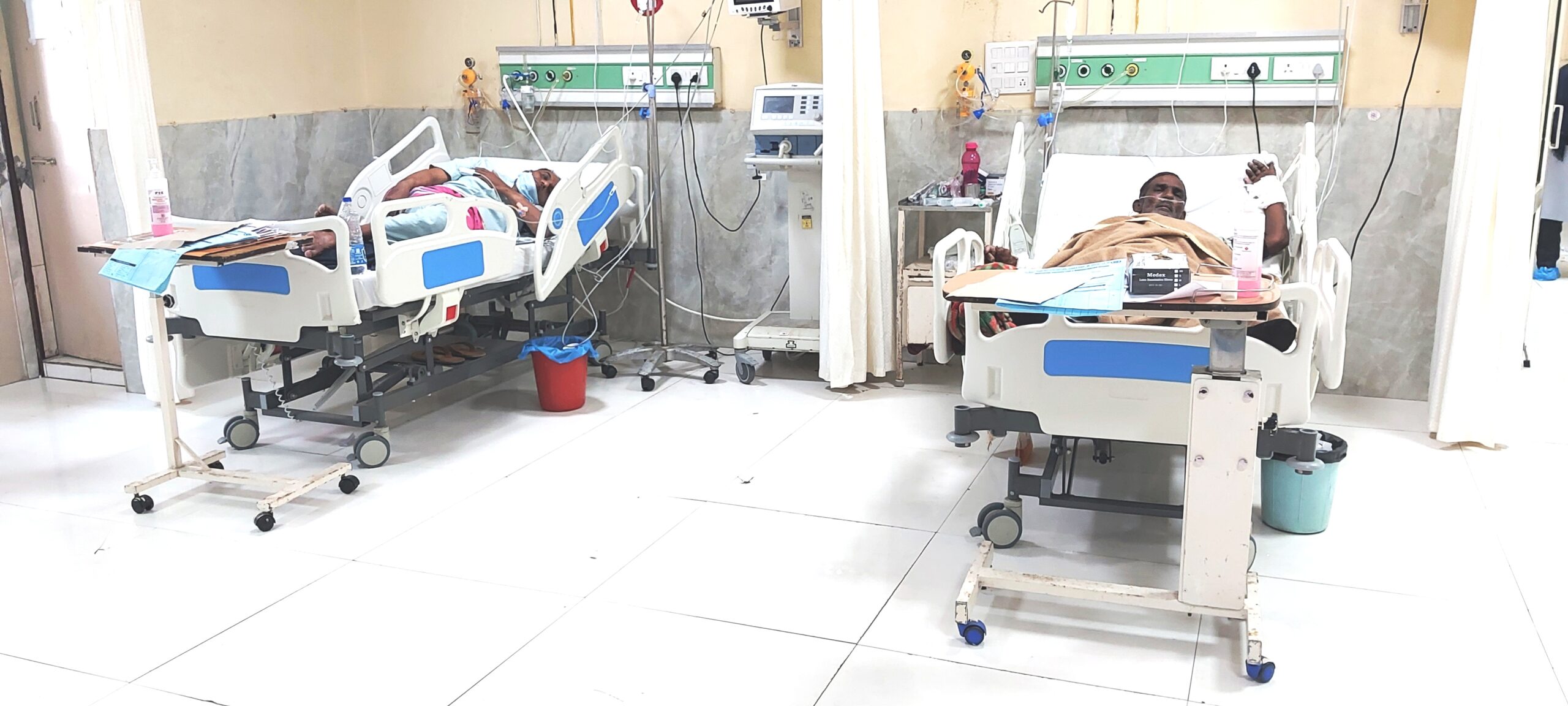
SICU (Surgical Intensive Care Unit) SICU (3)
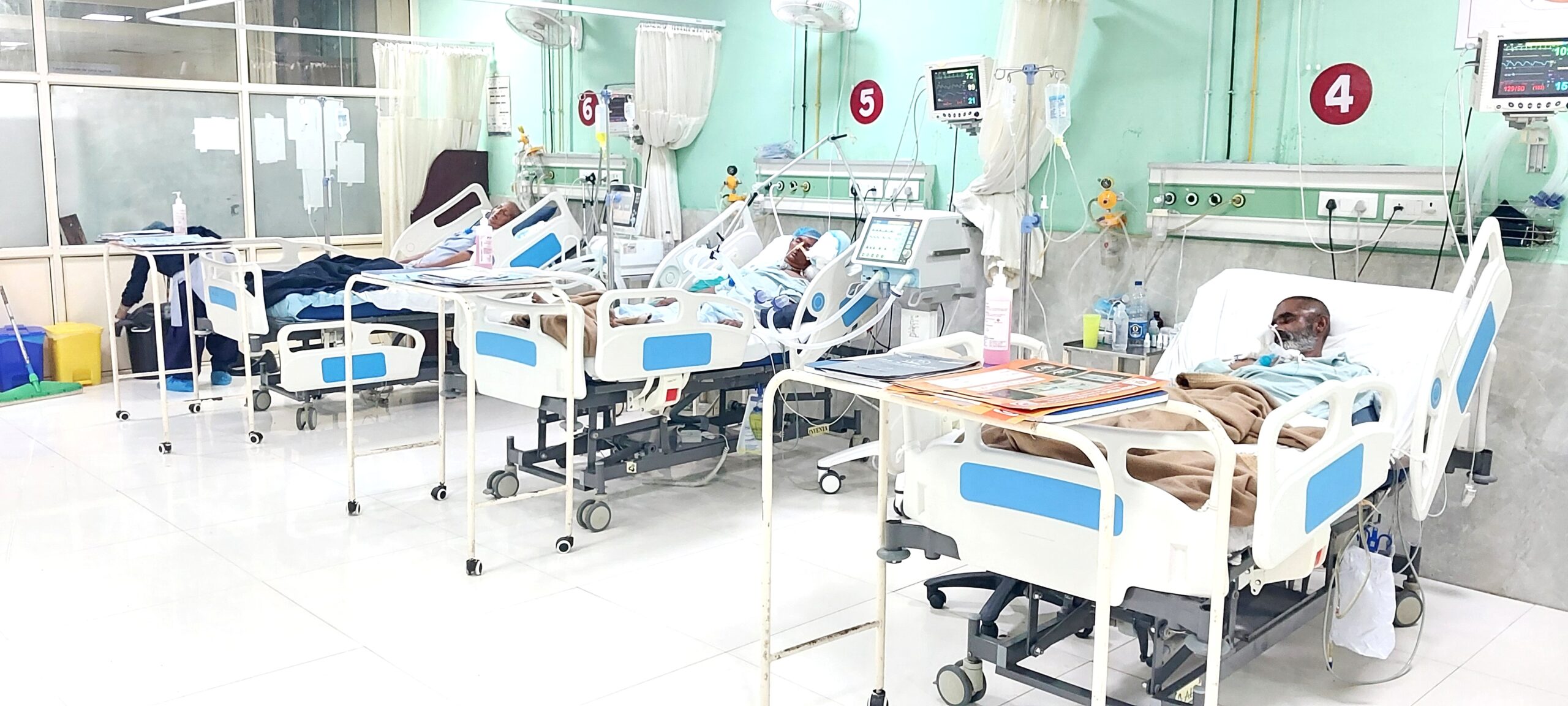
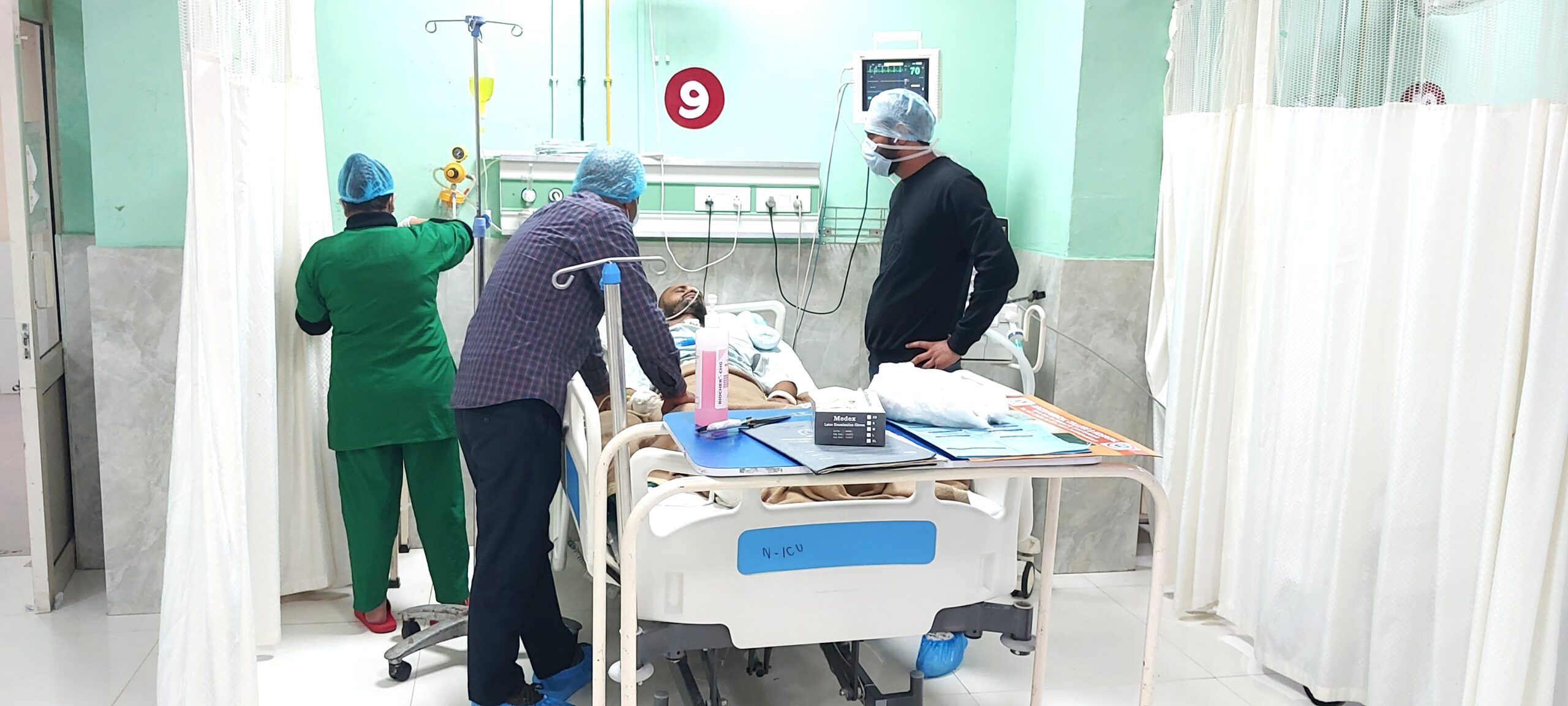
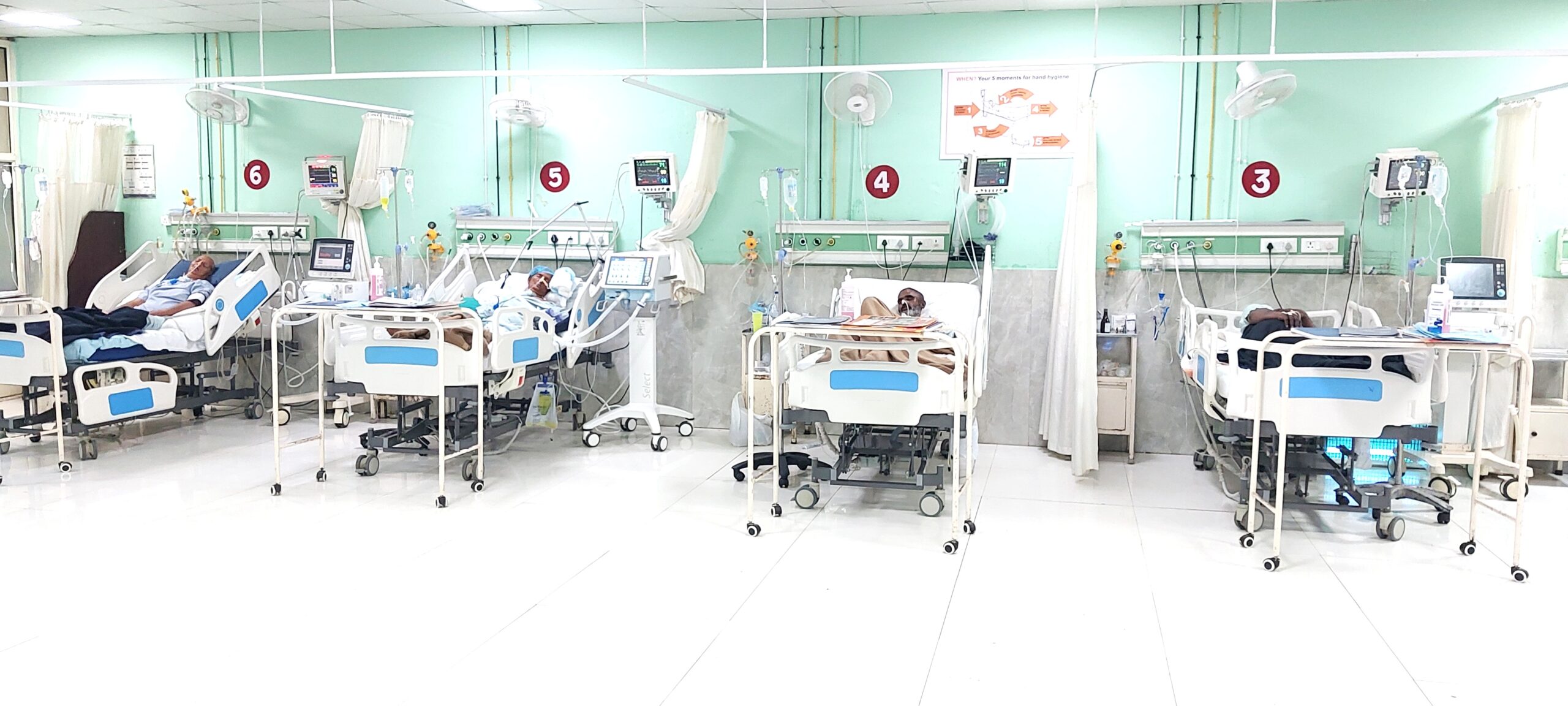
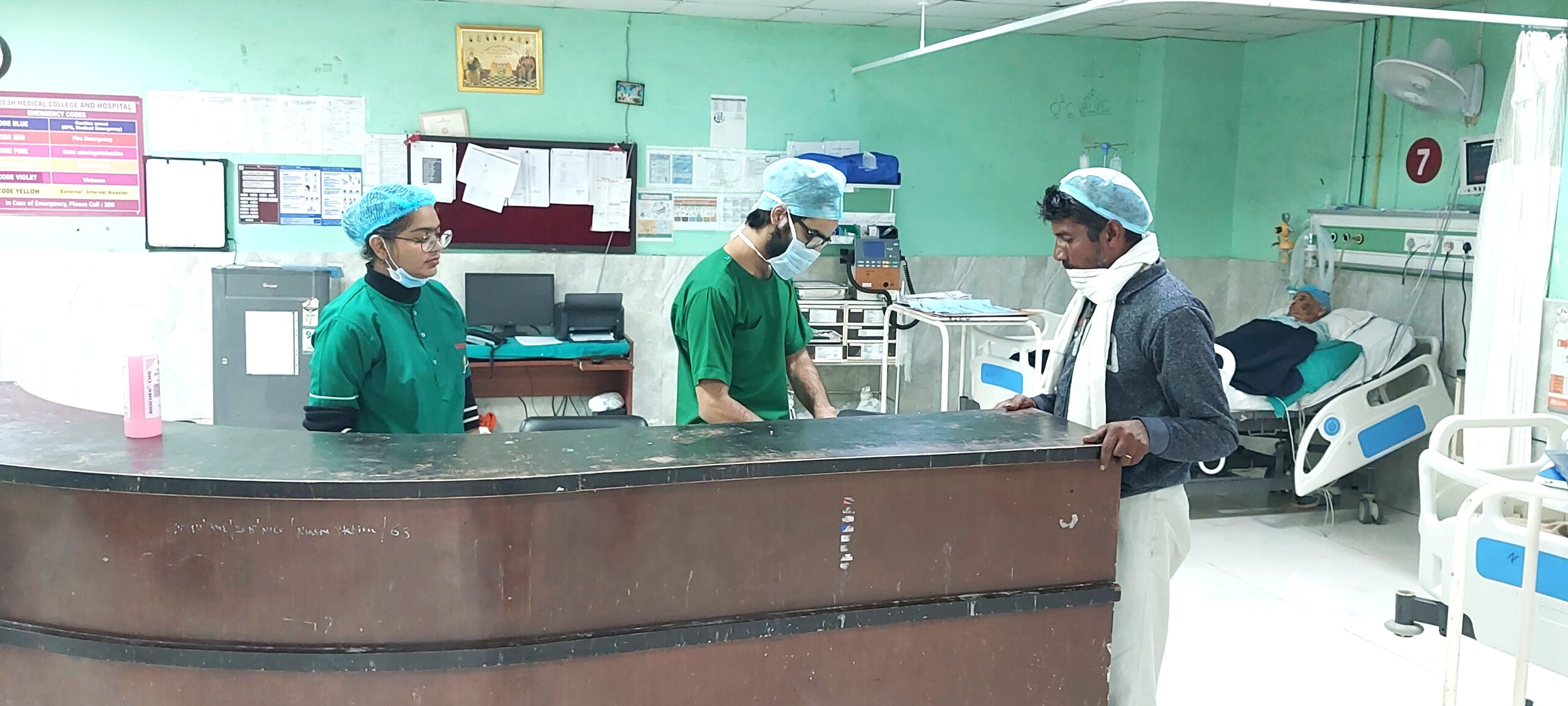
ICU (Intensive Care Unit)
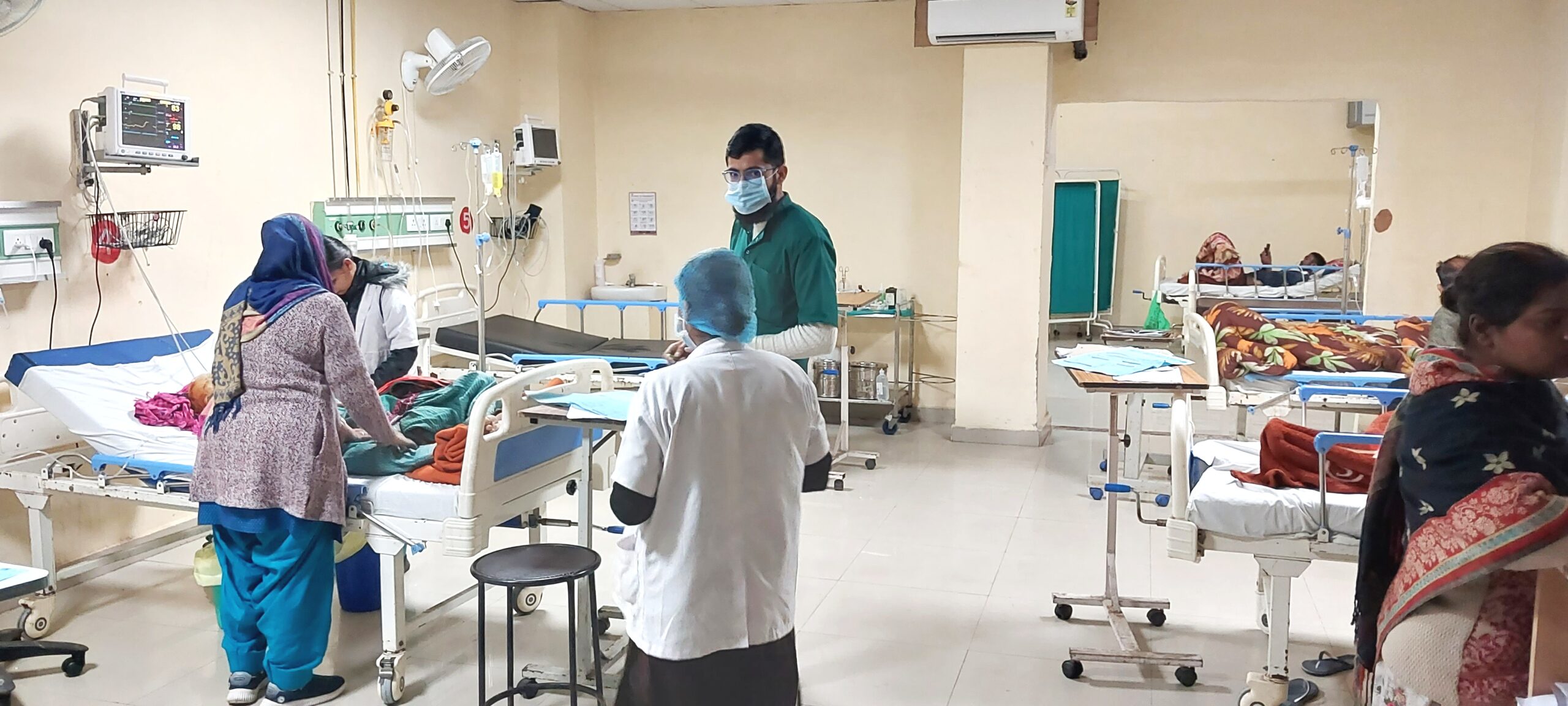
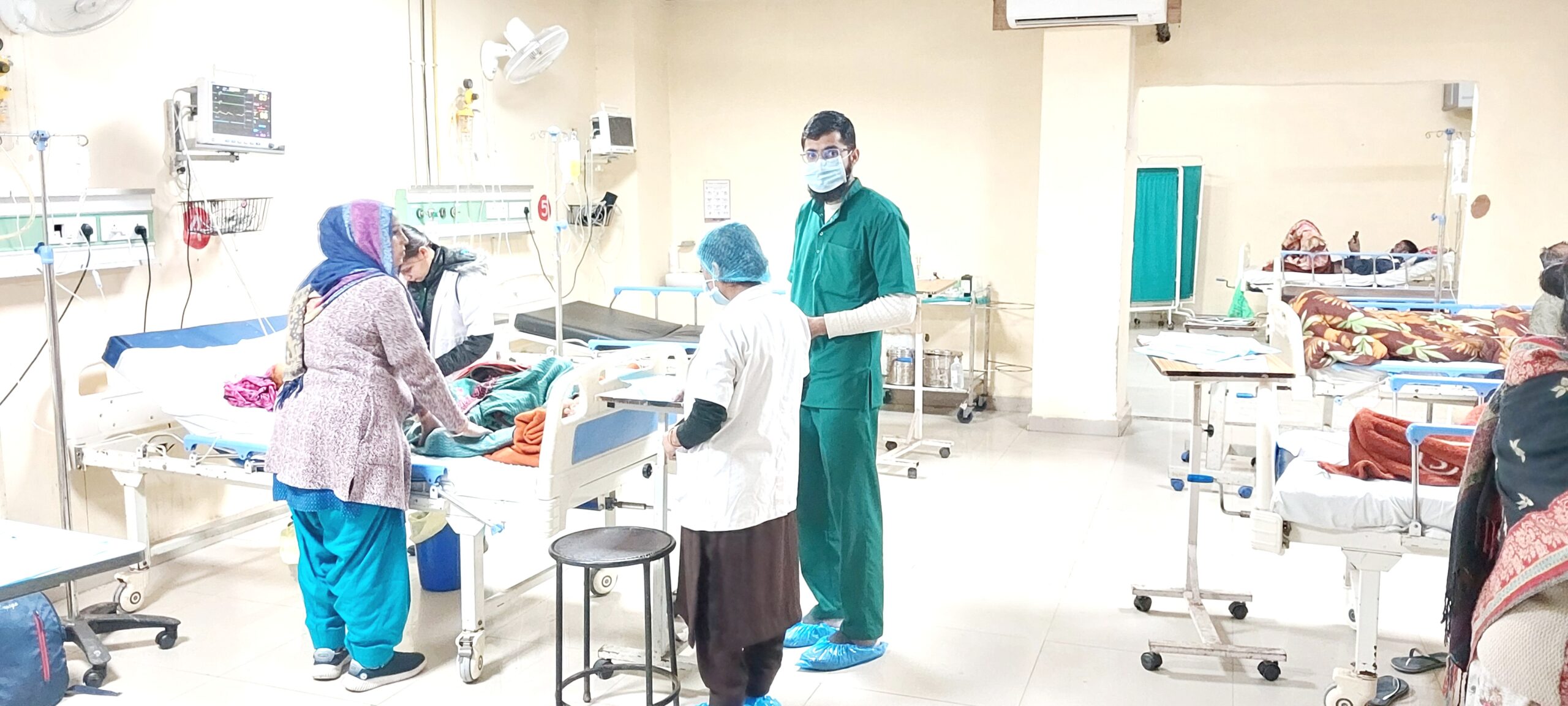
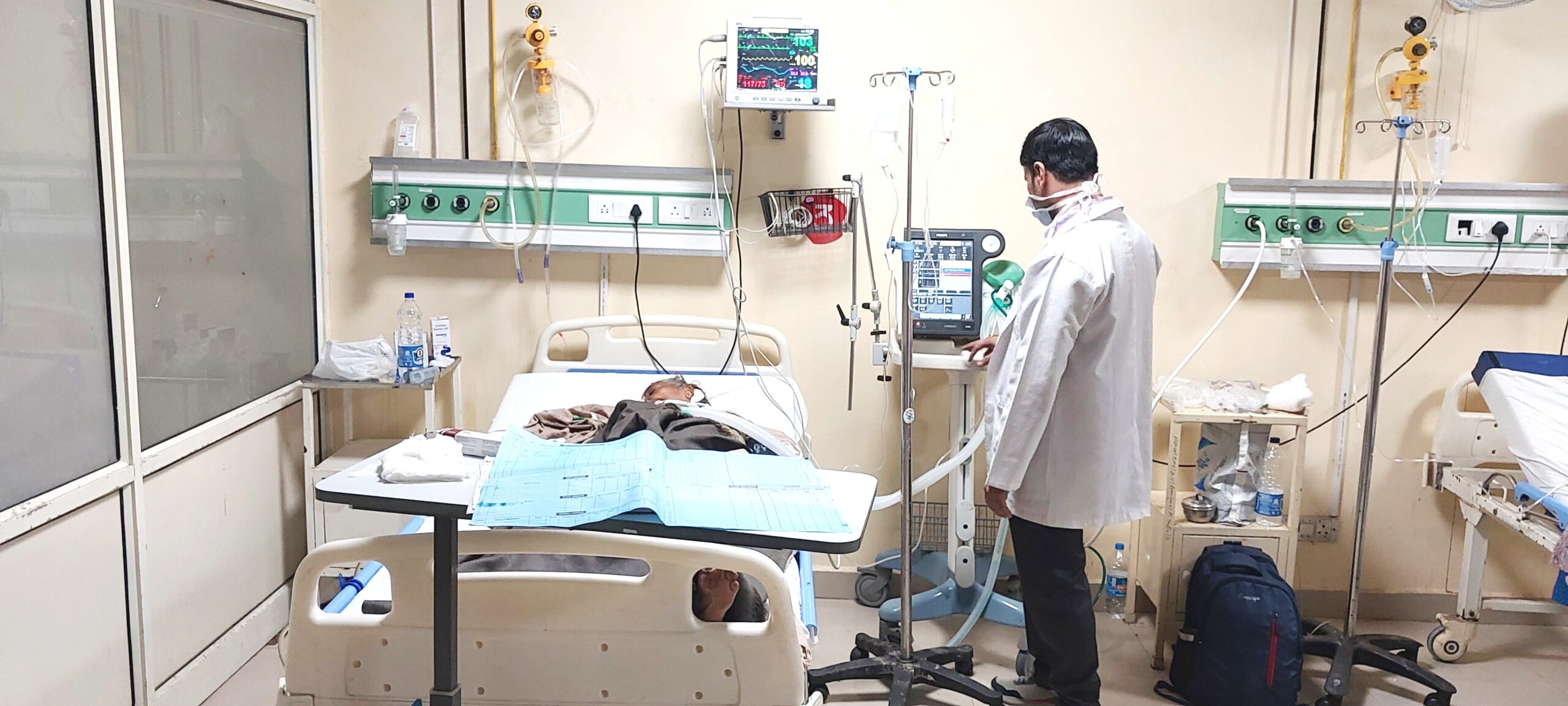
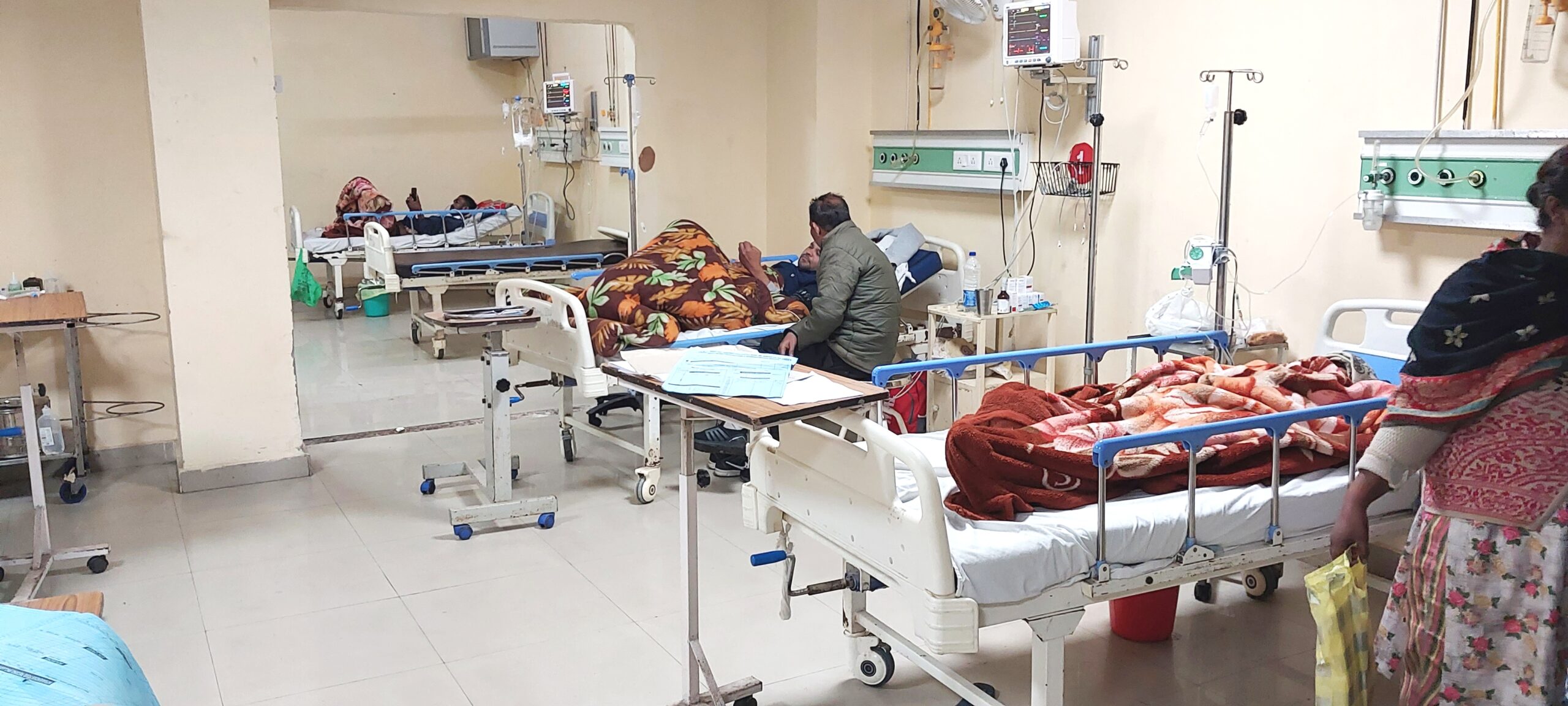
Intensive care units (ICUs) are specialized hospital units that provide comprehensive care to critically ill patients. These units are staffed by highly trained medical professionals who specialize in caring for patients with life-threatening conditions.
ICUs are equipped with advanced technology and equipment that allow medical professionals to closely monitor patients and provide necessary medical interventions. This may include mechanical ventilation to help patients breathe, continuous monitoring of vital signs, medication administration, and specialized procedures to manage and treat a range of medical conditions.
ICUs may care for patients with a range of medical conditions, including:
Respiratory failure: Patients with respiratory failure may require mechanical ventilation to help them breathe. ICU staff can closely monitor patients and adjust ventilator settings as needed to support breathing.
Sepsis: Sepsis is a serious medical condition that occurs when the body’s response to an infection causes widespread inflammation. ICU staff can provide antibiotics, fluids, and other supportive care to manage sepsis and prevent organ damage.
Trauma: Patients who have experienced severe trauma, such as a car accident or fall, may require ICU care to manage their injuries and prevent complications.
Heart failure: Patients with severe heart failure may require advanced interventions, such as mechanical circulatory support devices or medications to manage heart function.
Neurological emergencies: Patients with severe neurological conditions, such as strokes or brain injuries, may require ICU care to manage swelling and prevent further damage.
ICUs provide comprehensive care to critically ill patients, but they can also be highly stressful and emotional environments for patients and their families. ICU staff work closely with patients and families to provide emotional support and help them understand the treatment plan and the patient’s condition.
Overall, ICUs play a critical role in the management and treatment of critically ill patients. By providing advanced medical interventions and support, ICU staff can help improve outcomes and save lives.
Facilities
- Contact us
- info@amch.ac.in
- Ambulance: 8222954130
- Phone: 0171-2700000, 2700001
- Emergency: 8222954101
- NH - 44, VILL. MOHRI, SHAHBAD (M), DIST. KURUKSHETRA PIN 136135


